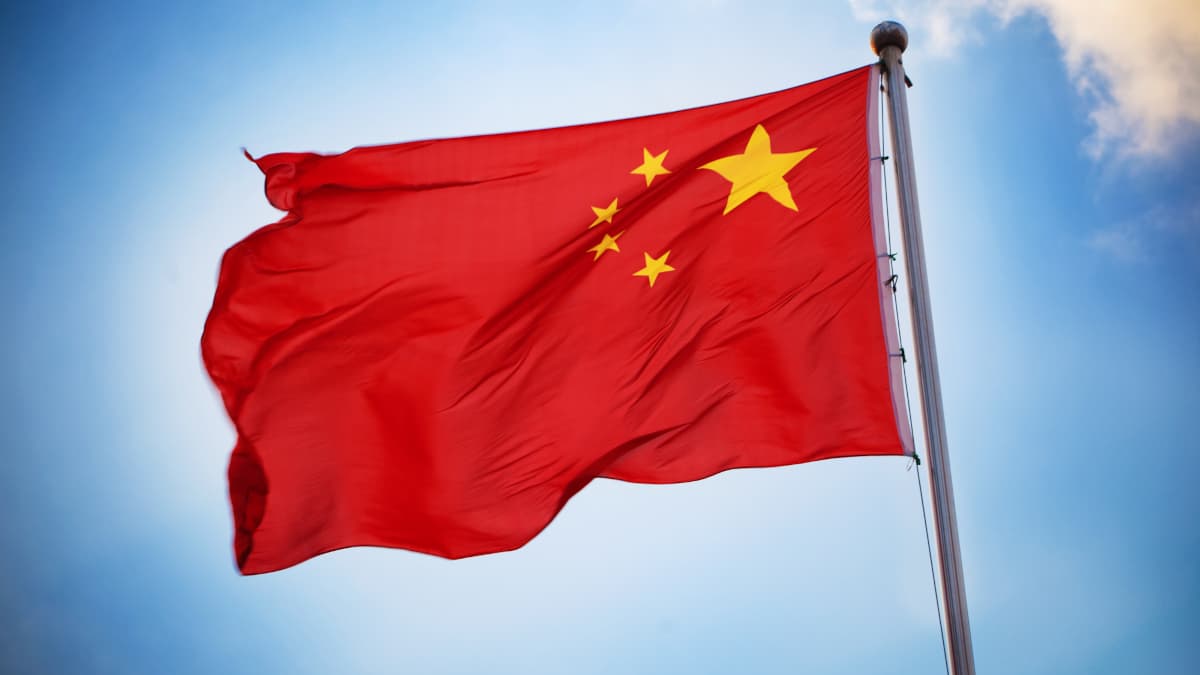China is becoming more and more important in terms of a sales market for German companies. From April to June 2020, they sold more goods to China in a single quarter than to the USA – the exports totalled nearly 23 billion euros. But many companies are still hesitant about expanding to China. For one, trade conflicts continue to flare up; for another, internationalisation towards the Far East is not without challenges, which are different than for an expansion within EU borders.

Theresa Stewart, Head of the Business Unit China at Storymaker in Germany, knows what matters most. The marketing and China expert reveals in an interview with Visable where the snares in China are, what you need to keep in mind when capturing this market, and what German companies can learn from Chinese companies in terms of B2B marketing.
Ms Theresa Stewart, how important will China become as a market for German B2B companies in the coming years?
It will definitely become very important; the trend will not stop even in light of trade conflicts or the continually forecasted real estate bubble. China’s economic power is immense; around a fourth of global Internet users are Chinese. So it’s a matter of course that the chances for digital marketing are excellent.
Which special rules of the game do German companies have to follow in order to be successful in China?
First, interested companies should analyse if the respective product or service truly has market potential in China. It may be the case that the unique selling point of a company in China is not being communicated. For example, if you want to be a market leader in screws as your offering, you may not be able to stand out from the competition in China. And, of course, the legal and tax bases for the desired business model also have to be clarified. There’s a difference if you only work with one partner on site or, for instance, a subsidiary is planned in the country.
If the potential for going global into China is presumed, the company should become familiar with the country’s culture. Without a native Chinese employee on site or a competent partner, a successful internationalisation towards China will hardly work out. Because communication is the defining factor.

Theresa Stewart, Head of the Business Unit China at Storymaker in Germany
And should this take place in Chinese?
„Definitely, yes. Even when many educated Chinese can speak good English or even German, a native speaker with local marketing know-how is essential for reaching your target groups. This not only creates trust, it also shows respect towards the country, its people and culture.“
And not only that: if you would like to have Chinese customers, you need a customer service team who speaks the customers’ language and can read the Chinese characters.
Which snares are lurking in terms of the cultural differences?
On the one hand, personal contact in the Chinese culture is much more important than in the Western world: eating together, spending time together, building trust. The focus cannot be only on business. On the other hand, B2B marketing in China is more digital and sales-centric than in Germany. The Chinese have an unbelievable universe of their own digital platforms, which is difficult for newcomers to wade through. Facebook, Twitter and YouTube are not accessible in China; LinkedIn, too, has left the country.
And what do the Chinese use instead to initiate business?
WeChat more than anything is an indispensable tool for successful product marketing and has become an essential part of every business dealing in China. There is no equivalent in Germany. WeChat is like WhatsApp, PayPal, the App Store and a digital marketplace in one. The app is used by nearly 90 per cent of the Chinese. Each new business contact is maintained there with the aim to communicate more easily. And this tool lets customers get their references and recommendations from friends, family or influencers. This word-of-mouth is even more important in China than here.
What can we Germans learn from Chinese companies when it comes to B2B marketing?
China is way ahead of us, for example, when it comes to social commerce. Users can directly make purchases in apps on various platforms – across all industries. Studies have shown that 30 per cent of the e-commerce business is made via social networks like WeChat or Weibo. Generally speaking, the B2B area in China is much more open towards new technologies than in Germany. What’s more, the separation between private and professional matters in China is not as strong as it is here, making it simply easier to make business deals – but if this tendency to mix things would also be worth striving for in Germany is another matter.
